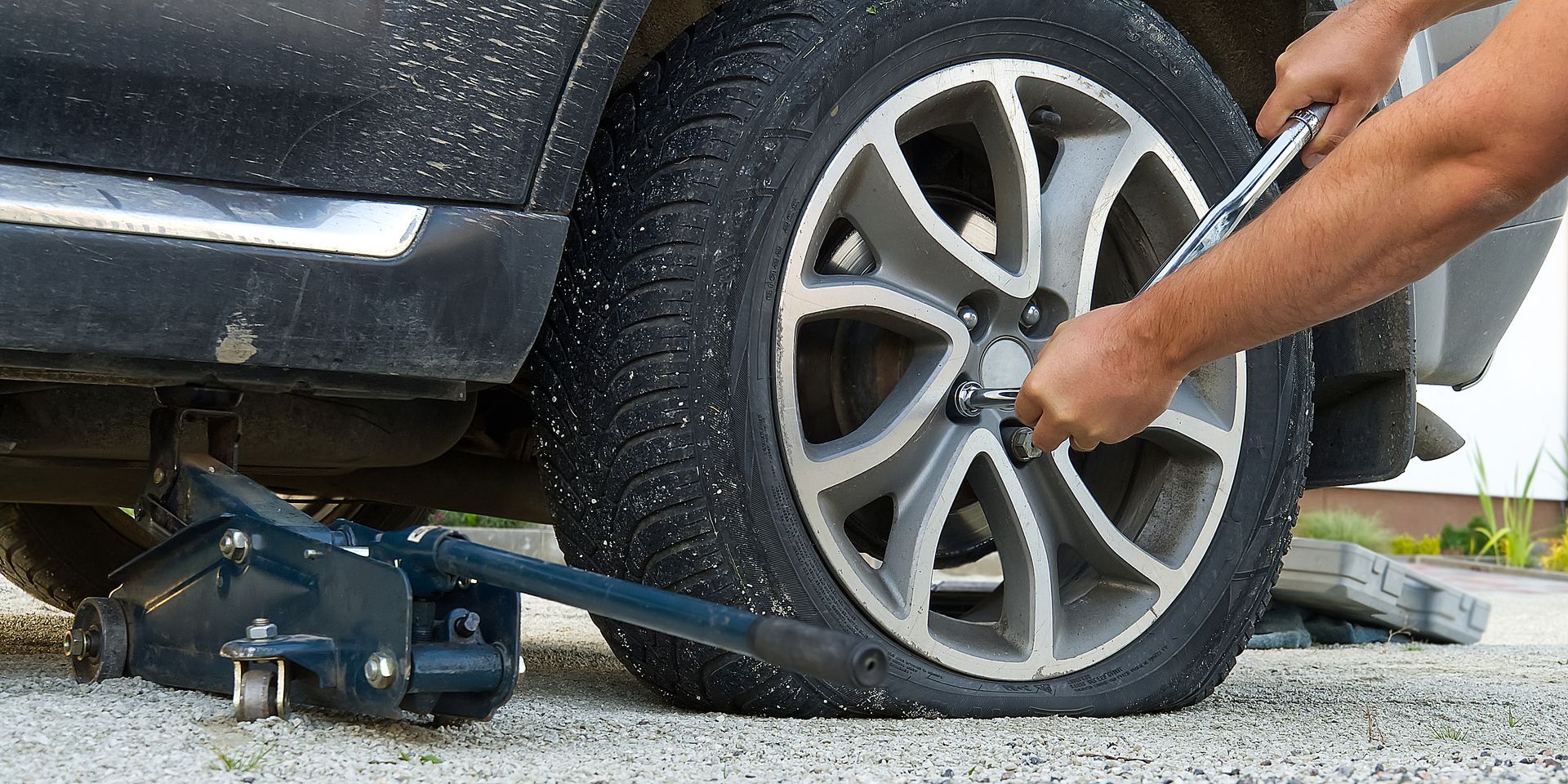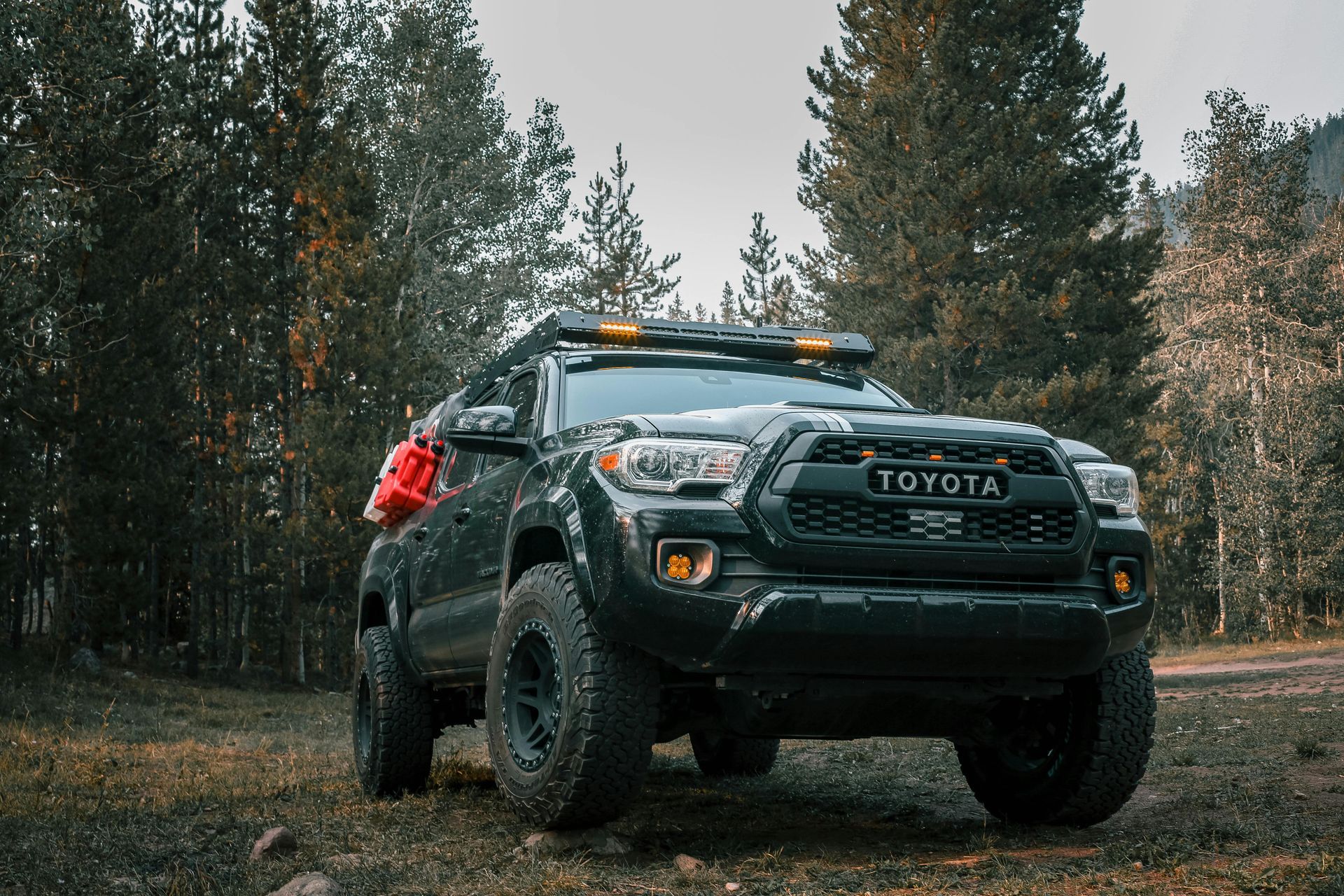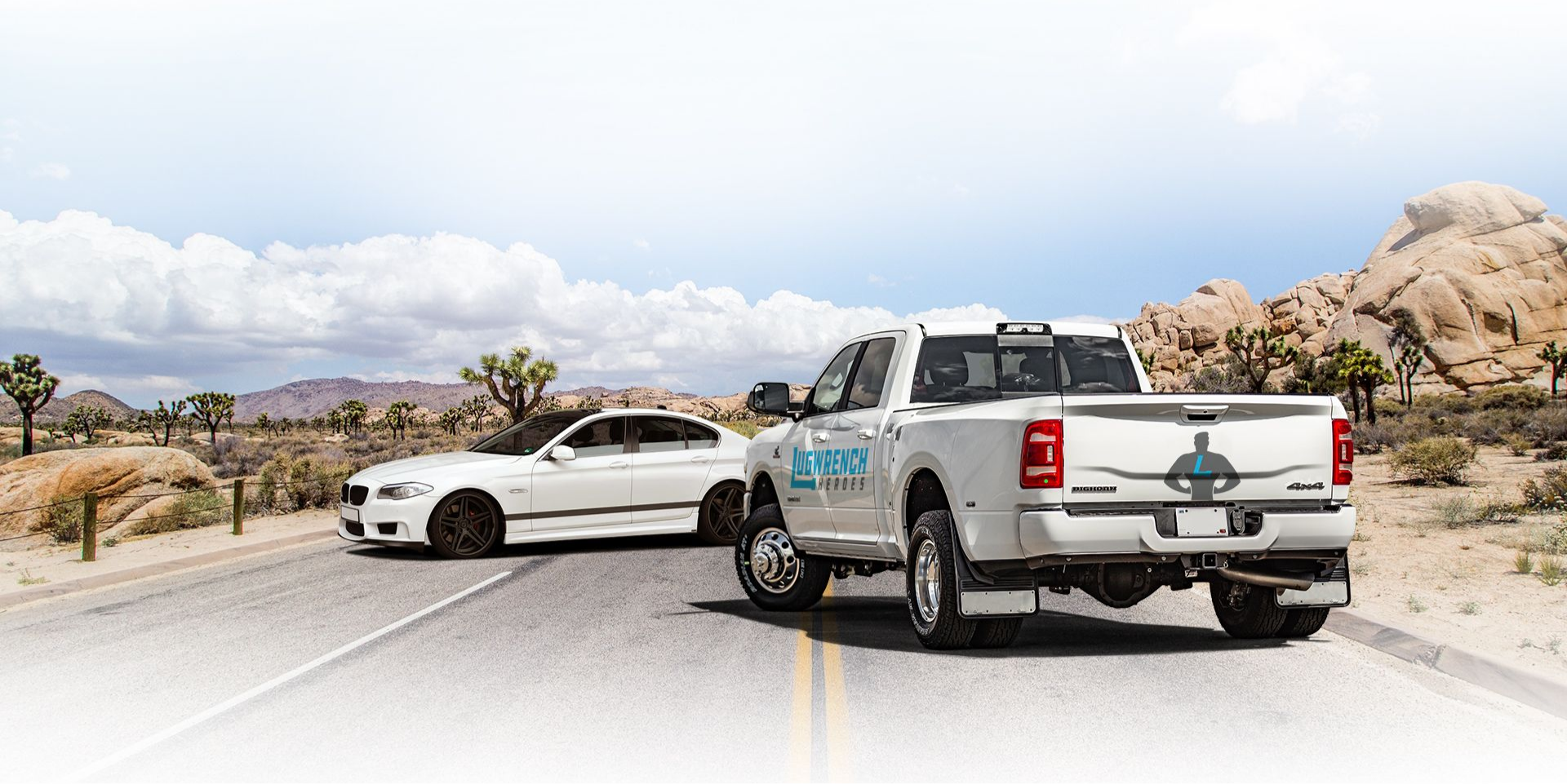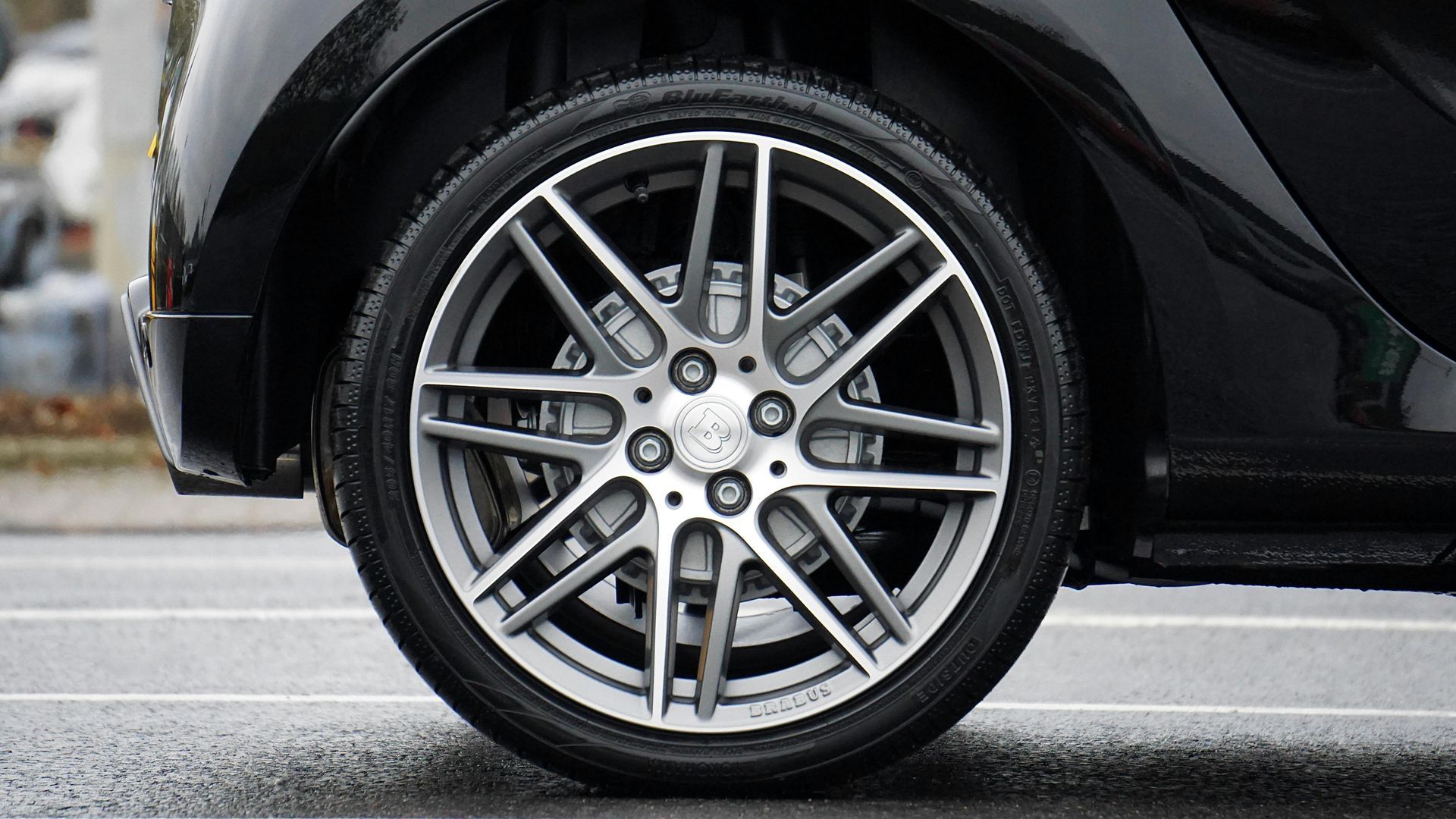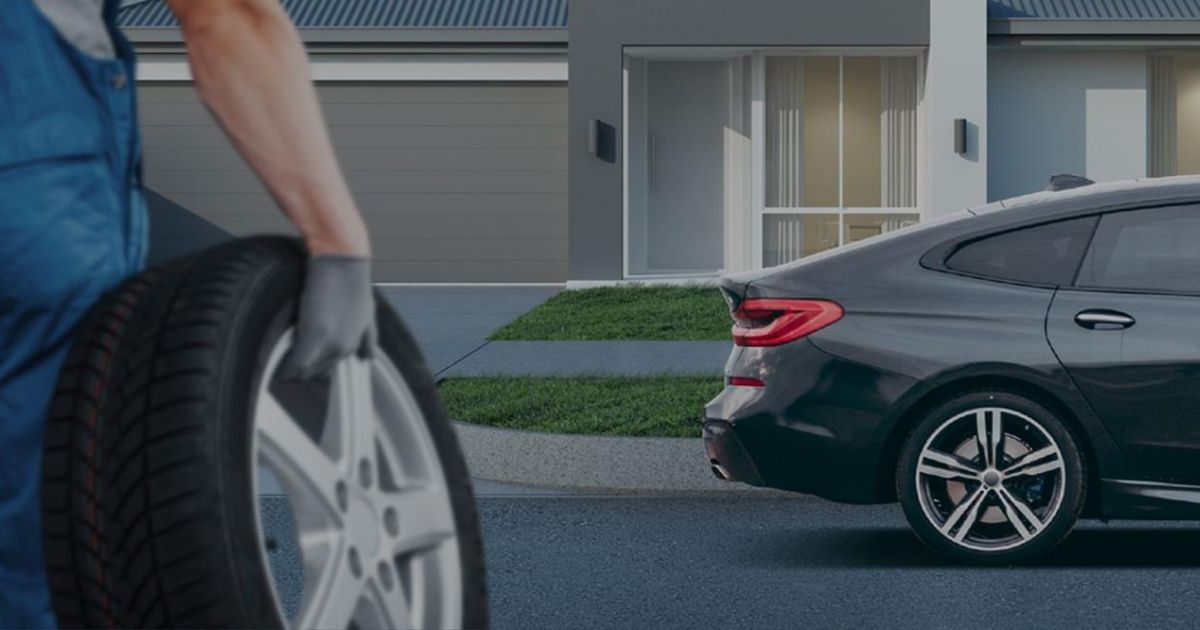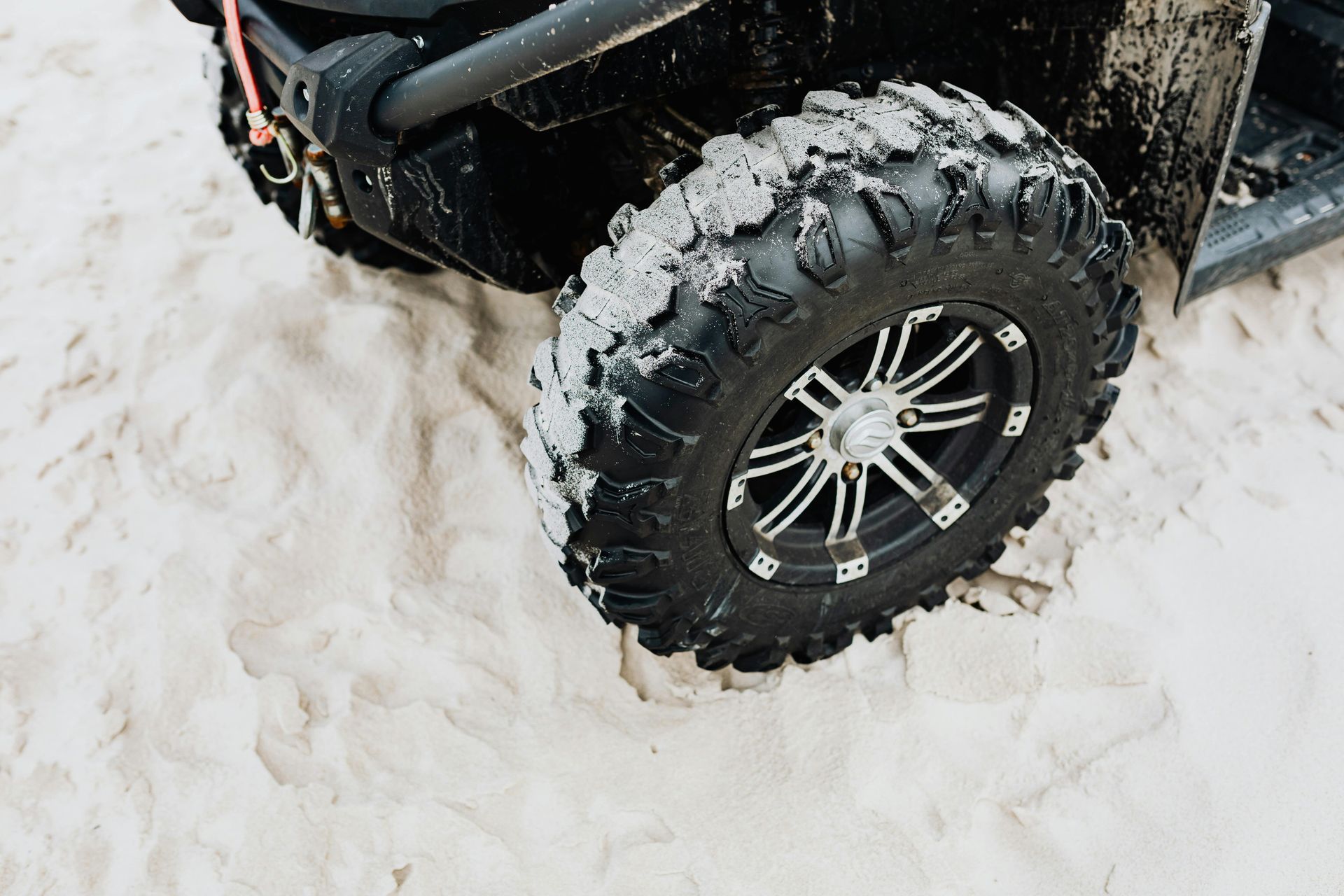What if the secret to a quieter cabin, sharper steering, and shorter stops is not the car at all—but the rubber it rides on?
Drivers of BMW, Audi, Mercedes-Benz, Lexus, and Porsche ask a simple question: What is the best tire brand for luxury cars? The answer blends comfort, safety, precision handling, and durability. It is not one-size-fits-all. Touring sedans need a plush, quiet ride, while performance coupes demand grip and feedback at speed.
Brands known for the best tires for luxury automobiles keep rising to the top. Michelin often leads, with Luxury Performance Tires that deliver a smooth, hushed ride and confident control. Its CrossClimate 2 stands out for tread life and all‑season grip. Continental brings innovative compounds and responsive steering, as seen in the ExtremeContact line. Pirelli’s P Zero series is built for high-speed precision. Bridgestone enhances grip and fuel efficiency with refined compounds, and Goodyear balances traction and comfort in all-season choices.
OEM guidance backs this up. Mercedes-Benz commonly fits Michelin Pilot Sport 4S and Primacy Tour A/S for balanced comfort and performance; Continental ContiSportContact for stability; Pirelli P Zero for crisp handling and Scorpion Verde All Season Plus for quiet SUV use; Bridgestone Turanza QuietTrack for serene touring and Potenza for wet/dry traction; and Goodyear Eagle F1 Asymmetric and Assurance WeatherReady for confident all-season control. These top-rated tire brands for luxury vehicles and premium tire brands for high-end cars define the benchmark this article uses to compare what truly fits luxury expectations.
Key Takeaways
- Luxury tires should maximize comfort, safety, precision handling, and durability.
- Michelin, Continental, Pirelli, Bridgestone, and Goodyear consistently meet luxury standards.
- Michelin CrossClimate 2 excels in tread life and year-round grip for touring comfort.
- Continental and Pirelli deliver sharp, high-speed control favored by performance models.
- Bridgestone and Goodyear offer quiet rides with strong wet and dry traction.
- OEM picks from Mercedes-Benz validate these brands across sedans, coupes, and SUVs.
- Choosing among the best tires for luxury automobiles depends on ride quietness, grip needs, and driving climate.
Top luxury car tire brands and why they stand out
Michelin is a top choice for luxury car tires. It offers quiet comfort and balanced performance. The Pilot Sport 4S has precise steering and strong traction in both dry and wet conditions.
Michelin's Primacy Tour A/S is great for smooth rides and good fuel economy. It's perfect for sedans from Mercedes-Benz and BMW. This makes Michelin a favorite for its low noise and reliable grip.
Continental is known for safety and wide OEM fitment. The ExtremeContact Sport has fast turn-in and stable cornering. The ContiSportContact line is designed for Mercedes-AMG models, ensuring confident high-speed stability.
Drivers looking for the best often choose Continental. They appreciate its consistent, factory-level tuning.
Pirelli is all about high-performance for luxury cars. The P Zero (PZ4) has an asymmetrical tread and special compounds for sharp handling. It's perfect for sports coupes and executive sedans.
For SUVs, Pirelli's Scorpion Verde All Season Plus offers quiet running and refined comfort. It makes daily drives feel smooth.
Bridgestone combines grip with efficiency through advanced rubber chemistry. Turanza QuietTrack is designed for quiet touring and a plush ride. The Potenza S-04 Pole Position offers responsive feedback and confident traction in both wet and dry conditions. This balance makes Bridgestone a top choice for luxury vehicles.
Goodyear is known for trusted all-season control. Assurance WeatherReady provides secure wet braking and steady snow traction. The Eagle F1 Asymmetric 3 offers strong cornering grip and wet-weather poise.
These features keep Goodyear competitive in the luxury market.
- Dunlop Sport Maxx RT 2: summer grip and agile handling for spirited driving.
- Yokohama AVID Ascend GT: premium touring comfort with assured wet and mild-snow control.
- Toyo Open Country A/T III: on/off-road versatility for luxury SUVs without harshness.
- Hankook Ventus S1 Noble 2: high-performance all-season balance at a strong value.
- Cooper Discoverer AT3 4S: quiet, durable all-terrain manners for upscale crossovers.
These luxury car tire brands focus on what owners want. They aim for noise refinement, ride comfort, precise handling, high-speed stability, and dependable all-weather traction. This makes them relevant for sedans, coupes, and SUVs.
What is the best tire brand for luxury cars?
When looking for the best tire brand for luxury cars, we need to consider a few key things. These include quiet ride, comfort, safe braking, high-speed stability, and long tread life. Tests and surveys show that low road noise, precise steering, and good wet traction are important.
It's also important to check if the tires fit well with luxury brands like Mercedes-Benz, BMW, and Audi. This ensures they meet real-world luxury standards.
Michelin is often seen as a top choice for luxury cars. Their CrossClimate 2 offers long-lasting tread life and grip all year round. The Primacy Tour A/S is known for its quiet comfort.
For those who love to drive fast, the Pilot Sport 4S is a great option. It offers sharp handling and confident traction without being too harsh. These tires meet the expectations of luxury car owners.
Continental is a favorite among luxury car owners, thanks to its fit on many Mercedes-Benz models. The ContiSportContact line provides strong grip and stable handling at high speeds. The ExtremeContact Sport is praised for its quick steering response.
Pirelli is known for its performance tires. The P Zero and PZ4 use advanced compounds and designs for precise handling at high speeds. These tires are perfect for sports sedans that want a crisp turn-in and a refined ride.
Bridgestone offers tires that are great for touring and wet safety. The Turanza QuietTrack is known for its smooth ride and secure braking in rain. The Potenza S-04 emphasizes responsive handling in both wet and dry conditions.
Goodyear provides versatile tires that suit different climates and driving styles. The Eagle F1 Asymmetric 3 is great for cornering grip and wet performance. The Assurance WeatherReady offers all-season traction with predictable braking.
- Michelin: CrossClimate 2, Primacy Tour A/S, Pilot Sport 4S
- Continental: ContiSportContact, ExtremeContact Sport
- Pirelli: P Zero, PZ4
- Bridgestone: Turanza QuietTrack, Potenza S-04
- Goodyear: Eagle F1 Asymmetric 3, Assurance WeatherReady
When choosing luxury car tires, consider your climate, driving style, and vehicle tuning. Regular rotation and alignment help keep the tires in good condition. Make sure the load and speed ratings match your vehicle's needs. This way, you can find the best tire brand for your luxury car.
Model-specific recommendations for high-end cars
These luxury car tire recommendations match leading models with proven tire lines from top tire brands for luxury vehicles. Each pick reflects real-world performance traits that suit daily driving, spirited runs, and long highway stretches.
- Mercedes-Benz C-Class, E-Class, S-Class: Michelin Primacy Tour A/S delivers a quiet, plush ride for commuting and road trips. For sharper response, the Michelin Pilot Sport 4S provides confident grip and steering feel in warm weather.
- AMG performance variants: Continental ContiSportContact offers strong lateral grip and high-speed stability. Goodyear Eagle F1 Asymmetric 3 adds composed cornering and wet-weather control on powerful sedans and coupes.
- Mercedes-Benz SUVs (GLC, GLE): Pirelli Scorpion Verde All Season Plus balances comfort with year-round traction. For maximum cabin hush, Bridgestone Turanza QuietTrack brings sedan-like quiet on long drives.
Owners seeking premium tire brands for high-end cars often look for long-distance calm, precise feedback, and safety in mixed conditions. The following lines fit those needs across BMW and Audi sedans, grand tourers, and crossovers.
- Luxury touring (BMW, Audi): Michelin Luxury Performance Tires emphasize smoothness, quiet road manners, and precise handling for effortless interstate travel.
- All-season, mixed climates: Michelin CrossClimate 2 offers standout tread life and four-season grip. Goodyear Assurance WeatherReady and WeatherReady 2 give year-round reliability in city and suburb use. Yokohama AVID Ascend GT adds touring comfort with solid wet and mild-snow traction.
- Summer performance (coupes and sports sedans): Continental ExtremeContact Sport and Pirelli P Zero (PZ4) deliver fast turn-in and secure dry grip for weekend drives and track-adjacent use.
- Ride refinement first: Bridgestone Turanza QuietTrack and Michelin Primacy Tour A/S reduce cabin noise and vibration for a smooth, relaxing ride.
- Light trails and variable terrain (luxury SUVs): Toyo Open Country A/T III balances off-pavement confidence with stable highway manners.
These high-performance tire brands for luxury cars align with OEM fitments, class needs, and driver priorities. Shoppers comparing premium tire brands for high-end cars can use these matchups to narrow choices without sacrificing comfort, control, or year-round usability.
Conclusion
Drivers often choose Michelin as the top tire brand for luxury cars. Michelin excels in comfort, low noise, and safety on wet and dry roads. Its CrossClimate 2 is a standout for all-season use.
Choosing the right tire depends on how you drive. Summer performance tires offer sharp handling and fast response. Premium touring tires are best for quiet comfort on long trips.
Advanced all-season tires are ideal for year-round confidence and tread life. Regular maintenance is key to keeping your ride quality high and braking consistent.
In the U.S., Michelin, Continental, Pirelli, Bridgestone, and Goodyear are top choices. Pick the model that fits your car and local weather. This approach ensures balanced comfort, safety, and performance.
Contact LugWrench Heroes today for
expert tire guidance and services in the Phoenix Metro area!
